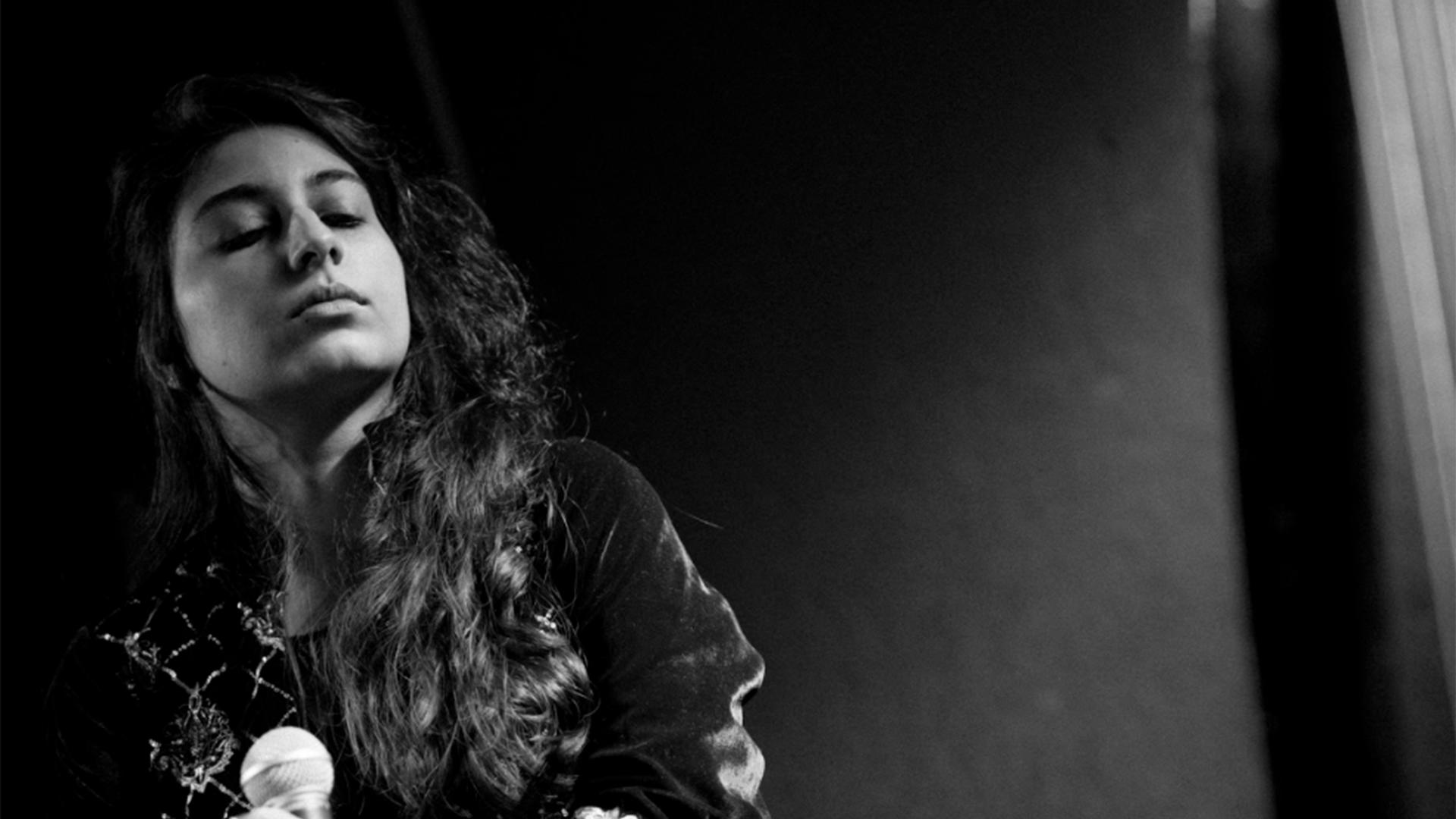In her latest record entitled “Vulture Prince,” Pakistani composer Arooj Aftab has created a type of time capsule for herself, using the words of an Urdu poet Mirza Ghalib and 11th-century Persian poet Jalāl ad-Dīn Mohammad Rūmī, alongside electronic samples and touches of jazz trumpet.
It’s the work of an artist who has fully settled into her multifaceted self.
Aftab was born in Saudi Arabia, but she moved to Pakistan as a teenager, and that’s where she first started recording music — doing many acoustic guitar covers that were rare in the country at the time.
“I was recording a bunch of covers and just releasing them. And all of those went viral. One of them being a cover of Leonard Cohen, Jeff Buckley’s ‘Hallelujah,’” Aftab said. “And at the time, because no one was really doing it, I became sort of like a household name overnight.”
That clip from 2007 is still one of Aftab’s most-watched videos on YouTube.
Aftab left Pakistan when she was 19 to pursue her music career. She studied at Berklee College of Music in Boston, and then moved to Brooklyn, New York, where she finally started to find her niche.
“It’s almost like I met my people, you know, the immigrant, powerful women, just everybody out here. And I was like, ‘Damn, this is where everybody has been,’” Aftab said.
While Aftab feels a strong connection to Pakistan’s culture, music and history, there is an “odd disconnect” with her country.
“It’s beautiful. It’s like a beautiful sense of nostalgia,” she said.
“Vulture Prince” represents the culmination of her journey before settling in the US — including the sounds, collaborators and influences she’s encountered along the way.
Aftab conceived the record during a time of hardship, due to the loss of a close friend to suicide, and also the death of her beloved younger brother.
“‘Vulture Prince’ sort of shape-shifted and stayed. It was as if it embraced what had happened, and it became more alive,” Aftab said. “Collectively, all the songs together kind of leave you in a certain space, which is like strange grace, you know. Or I hope it does.”
